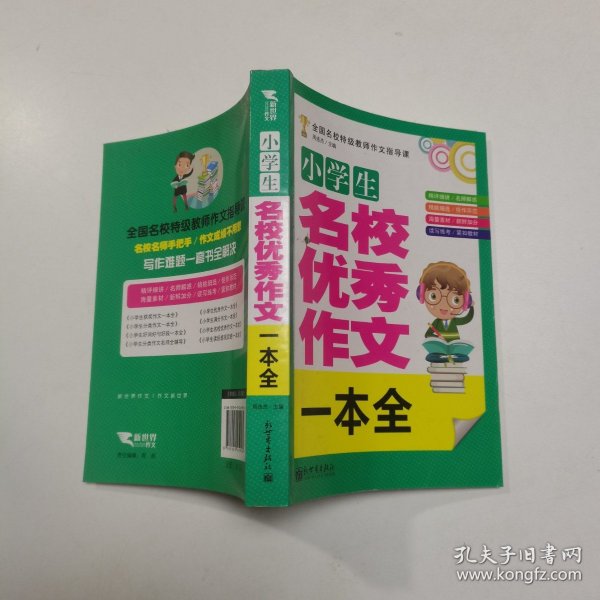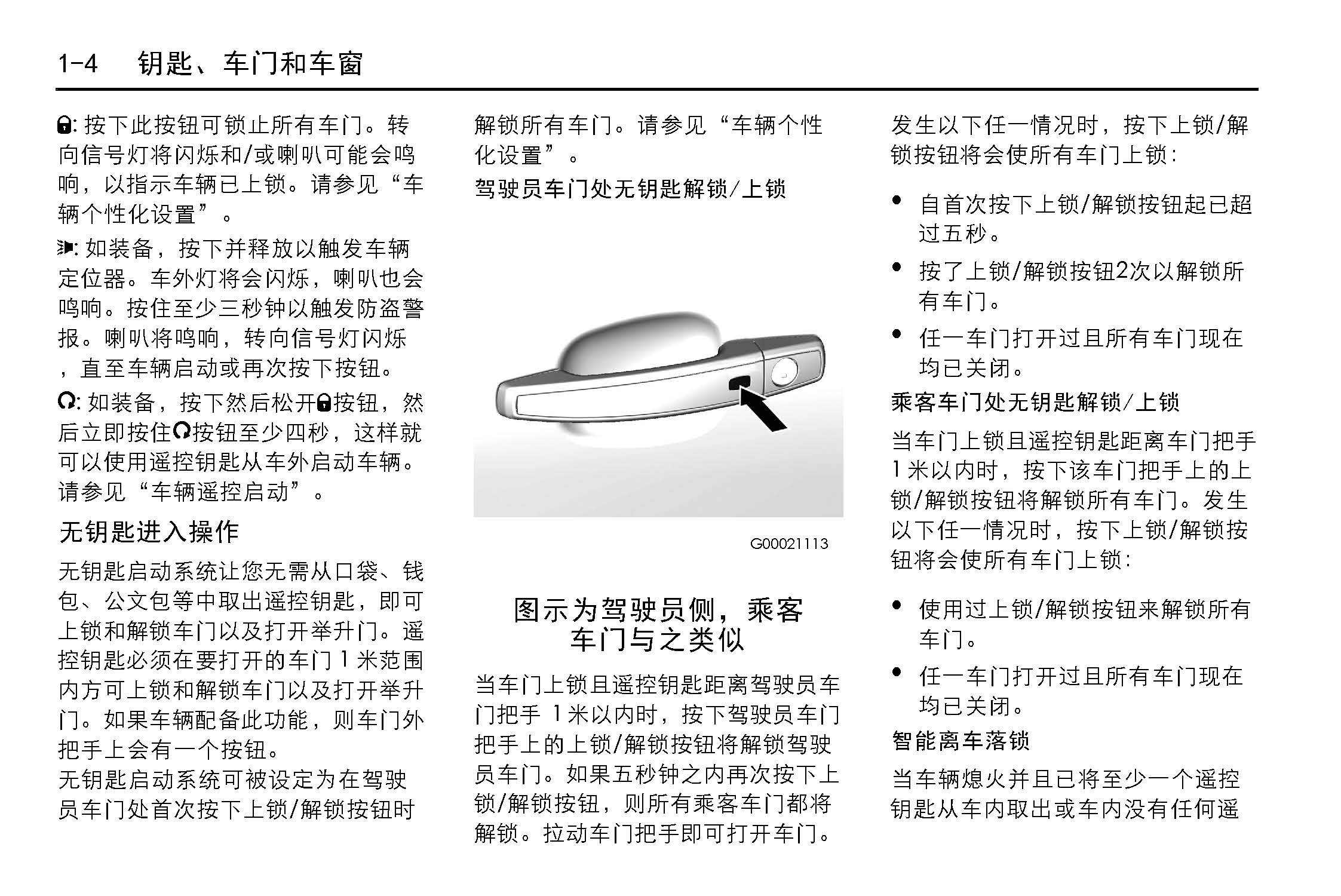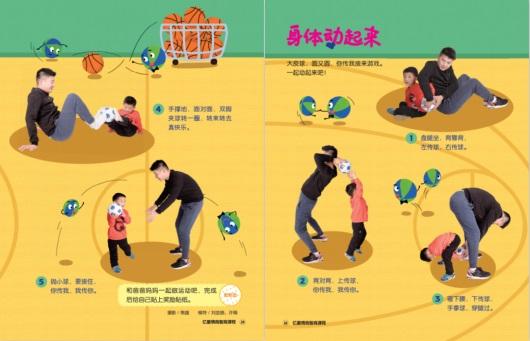In the realm of human thought and understanding, the concept of "misconceptions" holds significant importance. It is a common occurrence in our daily lives, where we often find ourselves "erroneously assuming" things about various aspects of life. The English phrase "错误的认为" encapsulates this phenomenon, where we mistakenly believe something to be true without proper evidence or understanding. This article seeks to explore the implications of such misconceptions and how they can affect our lives.
In the fast-paced world we live in, information is constantly flooding in from various sources. It is imperative to filter and scrutinize this information to form accurate beliefs. However, it is alarming how often we find ourselves succumbing to misconceptions due to a lack of knowledge or attention to detail. The errors of assuming things can lead us astray in our decisions, actions, and even our values.
One of the most common ways we encounter misconceptions is through social media and other online platforms. In the age of digital communication, we often rely on what we see or read on the internet as truth without further verification. This can lead to the spread of misinformation, which can have far-reaching consequences, especially in areas like public health or politics. For instance, people may erroneously believe that a particular treatment or medication works wonders without any scientific evidence, leading them to neglect proper medical advice and potentially causing harm to their bodies.
Moreover, misconceptions can also arise from personal experiences or limited knowledge. We often form beliefs based on what we have experienced or what we have been told by others without considering alternative perspectives or evidence. This can lead us to make assumptions that are not entirely accurate and may not hold true for everyone or in all situations. For instance, someone who has had a bad experience with a particular brand may erroneously believe that all products from that brand are inferior, without considering other factors that could affect the quality of the product.
The consequences of such misconceptions can be profound. They can affect our relationships with others, our professional decisions, and even our mental well-being. When we believe something that is not true, it can create misunderstandings and conflicts with others who hold different beliefs. It can also lead us to make decisions that are not in our best interests, such as choosing a career path based on misconceptions about the industry rather than actual facts and research.
To combat these misconceptions, it is crucial to foster a culture of skepticism and curiosity. We should always question what we hear or read, seeking out multiple perspectives and evidence to form well-rounded beliefs. We should also be open to learning and growing, constantly updating our knowledge as new information becomes available. Additionally, it is important to engage in critical thinking and analysis to understand the underlying assumptions and evidence behind various claims, ensuring that our beliefs are grounded in reality.
In conclusion, the errors of assuming things are a common occurrence in our lives that can lead us astray in various aspects of our lives. It is imperative to be vigilant and skeptical in filtering information and forming beliefs. By fostering a culture of skepticism, curiosity, and critical thinking, we can combat misconceptions and ensure that our beliefs are based on actual facts and evidence. Only then can we make informed decisions that are in our best interests and contribute positively to society.










 京公网安备11000000000001号
京公网安备11000000000001号 京ICP备11000001号
京ICP备11000001号
还没有评论,来说两句吧...